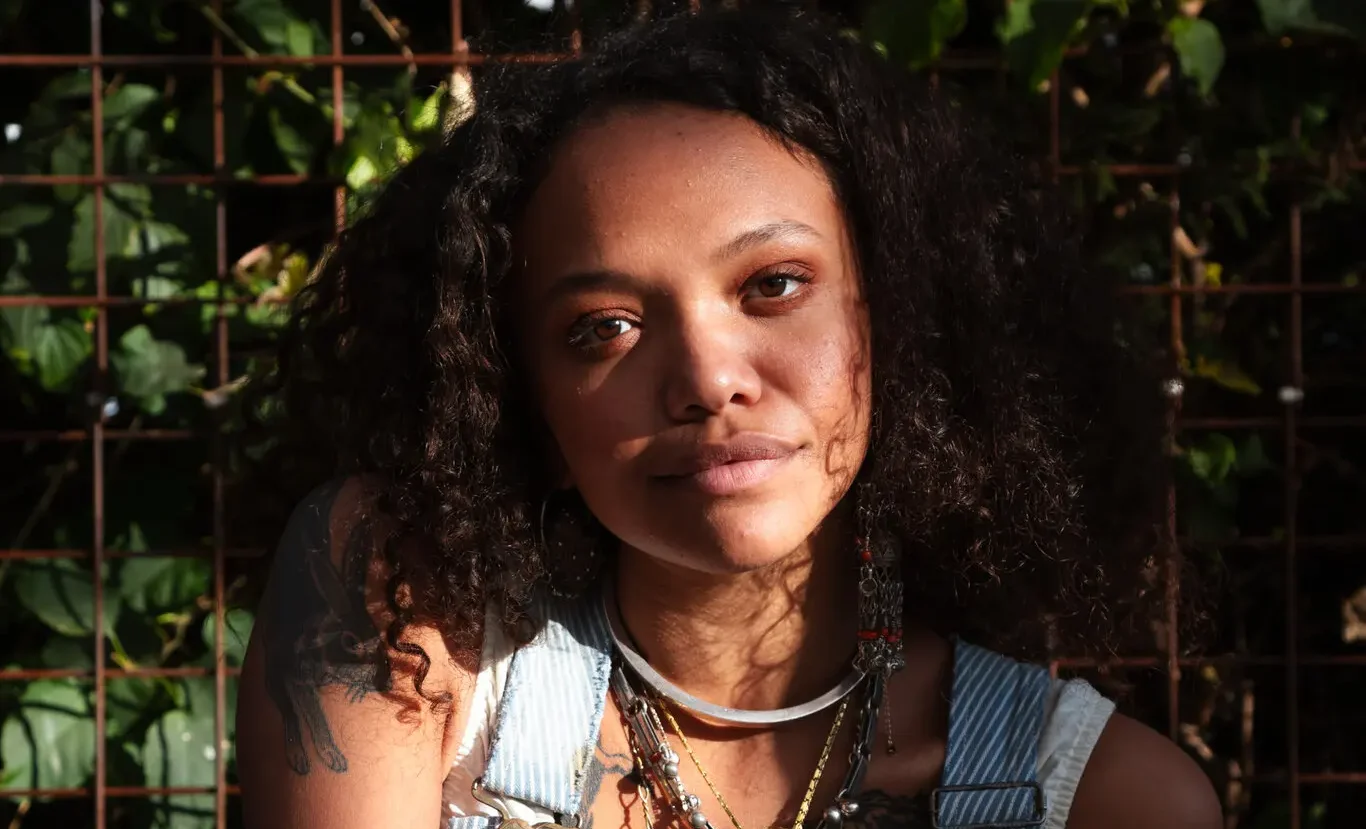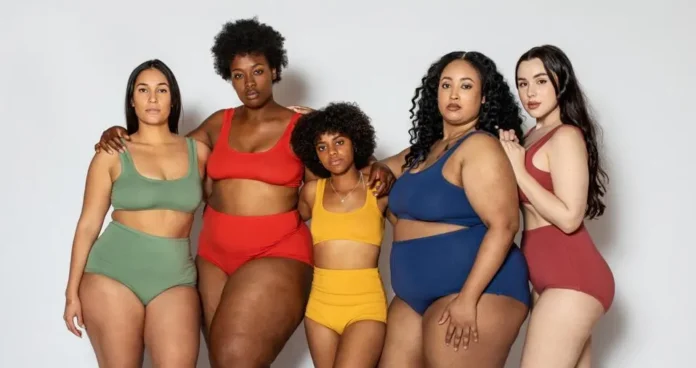By Evridiki Fatolia,
Are plus-size influencers who lost weight proof that the body positivity movement is inapplicable? In theory, because the movement of political correctness commands it, we are defending the right of every woman to not adorn themselves with the models of the beauty and fashion industries.
In practice, there is always the inclusion of plus size people, and not the good intention for impression. What happens when the plus-size influencer you followed on social media, while you distinguish that the acceptance of one’s body is learned and starts from visibility, changes size? Does anyone owe us any explanation about their weight? Whether it is little or a lot.
Dronme Davis was a plus-size content creator. She posted photos of herself as a plus-size model and selfies with her stripes and belly. And it became very popular for a simple reason: women want to see the clothes they buy in bodies that look like theirs. And feel comfortable, sexy, lustful and above all, normal (whatever that means in everyone’s mind). They’re looking for identification. Dronme Davis, then, as a body positivity influencer, criticized diet culture. And she said that we have been manipulated to such an extent that we measure our periphery, our arms, our waist, we rejoice when we get into our high-school jeans and we weigh ourselves each day so that we do not escape.
She had built a career as a plus-size model (size 16, XXL). And, after a few months, her body shrunk. And many of her followers felt betrayed because she stopped talking about fatphobia and never gave a single explanation for the change in her body and her weight. She received comments about her hypocrisy and inconsistency and she stopped dealing with the stigma of fat bodies.
The truth about the previously plus-size influencer was that she suffered from eating disorders throughout her life. And she didn’t know how to admit it to almost 100,000 people. She told the New York Times, who decided to ask her that: “I wanted to empower plus-size women. I grew up in California, I started dieting when I was 10. I wanted to wear the Abercrombie costumes that my friends and classmates wore.”

Another popular plus-size influencer, Rosey Blair, spoke openly about her own battle with weight loss and the drug Mounjaro, in a shocking way: “Two years ago I couldn’t wipe my poop. I left the body positivity community because I don’t want to be heterogeneous.” If your favorite plus-size content creator doesn’t want to be plus-size anymore and you’re angry with it, there’s a simple, quick and easy solution. Unfollow. No one owes you an explanation for what they’re doing to their body. Plus-size model Gabriella Lascano felt she needed to post a video explaining why she decided to lose weight. She felt guilty because she was an ambassador of the body positivity movement. And her followers didn’t take it well. She was accused of promoting fatphobia, and was subjected to such a wave of attacks that she took down that video. If the personal choices of a plus-size influencer affect your life so much, then probably you have invested a lot in that person. You’ve created a relationship that turns out to be barely two-way.
If, however, former plus-size influencers claim to have lost weight to become healthier, then they have always been liars who didn’t want to empower or promote any body positivity movement. They confirm that the worst sin for a woman in the society we live in is to be plus-size, and that weight is their greatest fear, as one is judged according to their size, while everything (even plus-size bodies) can become a better-selling concept if you have the right audience and aesthetics.
Reference




